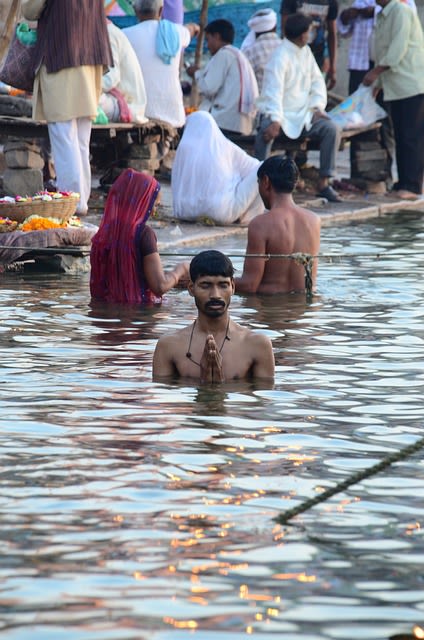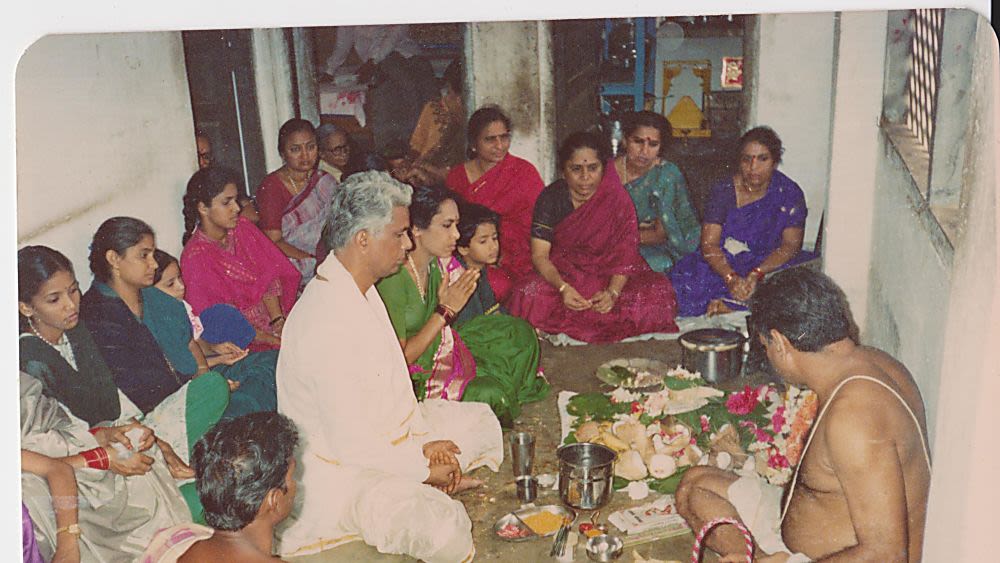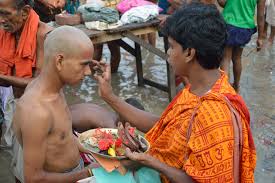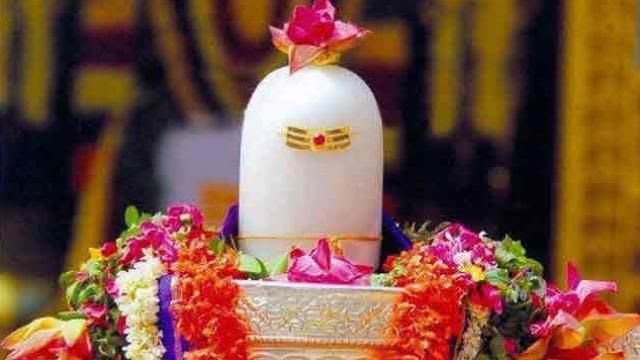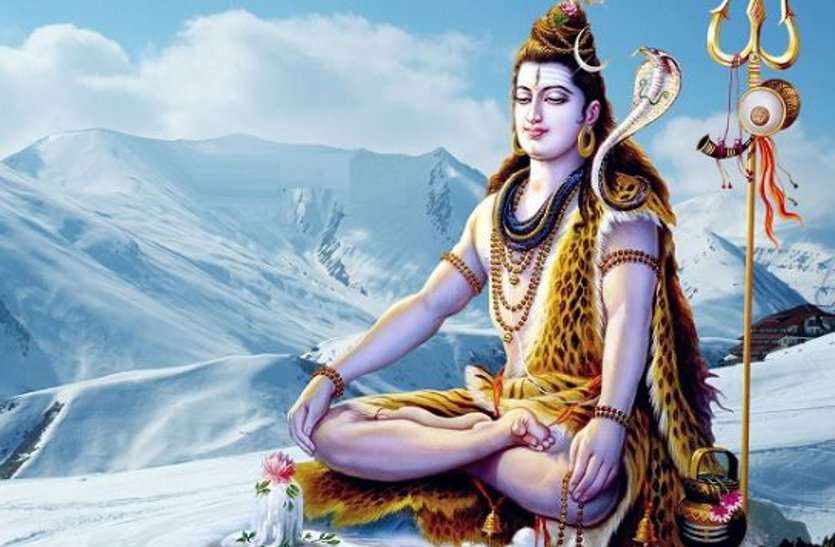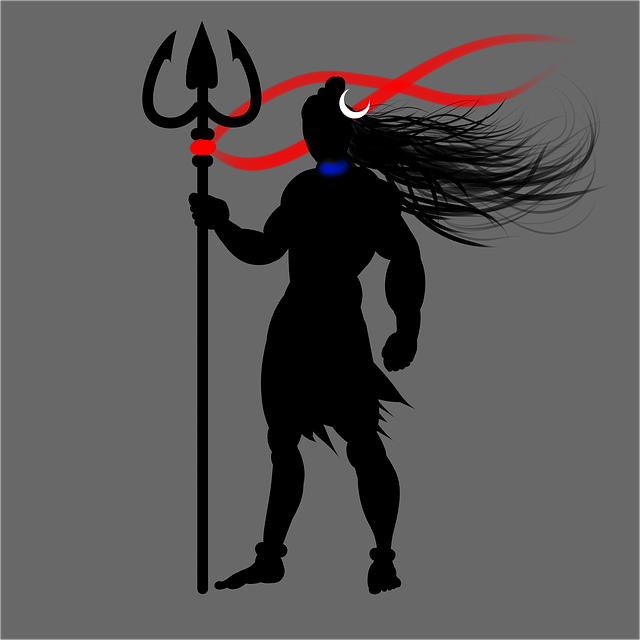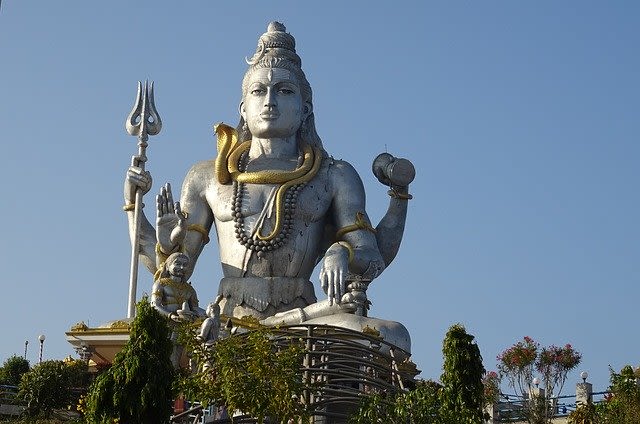The Highly Beneficial Fasting of Utpanna Ekadashi
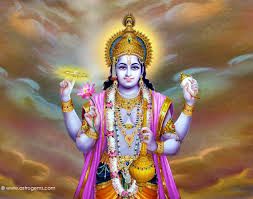
Utpanna Ekadashi refers to the Ekadashi that falls on the month of Margashirsha (October-November) on Krishna paksha, Moon’s waning phase. This year, Utpanna Ekadashi is on 14th November and the fasting will conclude on Dwadashi (15th November) between 0647 to 0854 hours.
History behind the Utpanna Ekadashi
Once upon a time there was a demon named Mura, who was famous for his misdeeds against the gods and humans. He resided in a city named Chandravati, which was won by Lord Vishnu during a battle. The battle continued for ten thousand years and at a point of time Lord Vishnu wanted to take rest and went to Badrikashram. While Lord was asleep, the demon attacked him. At that time, his body produced a female deity who fought with him to defeat. After Lord woke, he was pleased to know about her dedication and power that vanquished the ruthless demon and blessed her with a boon. He said that the devotees who will follow a fast for her will be blessed with numerous benefits. It should be followed on the eleventh day of the lunar month that is also known as Ekadashi. The person following the Vrath will be free from the sins and will achieve Baikunth afterlife.
Vidhi of the Vrat
The Vrat continues for the entire day of Ekadashi and ends on the Parana on Dwadashi. The fast must be done without consuming water, however; people who follow a milder version of the vrat are allowed to take water, milk and fruits. Early in the morning of Ekadashi, the devotee should take a holy bath and clean the Puja room to start the Puja with cleanliness. The picture of Lord Vishnu is decorated with garlands and sandal paste. The Puja demands 16 different offerings and aarti. The story of the Ekadashi is narrated to spread the importance of the Puja and the Vishnu Puja is repeated on Dwadashi during the Parana.
The devotees are blessed with immense happiness and prosperity after the fasting. It is also believed that the devotee gets freed from the complications of life and death.
